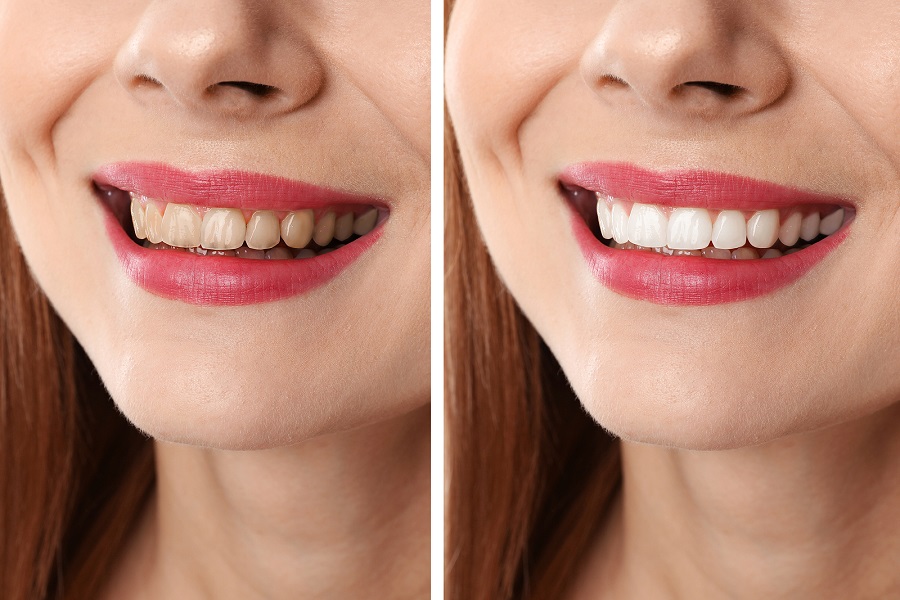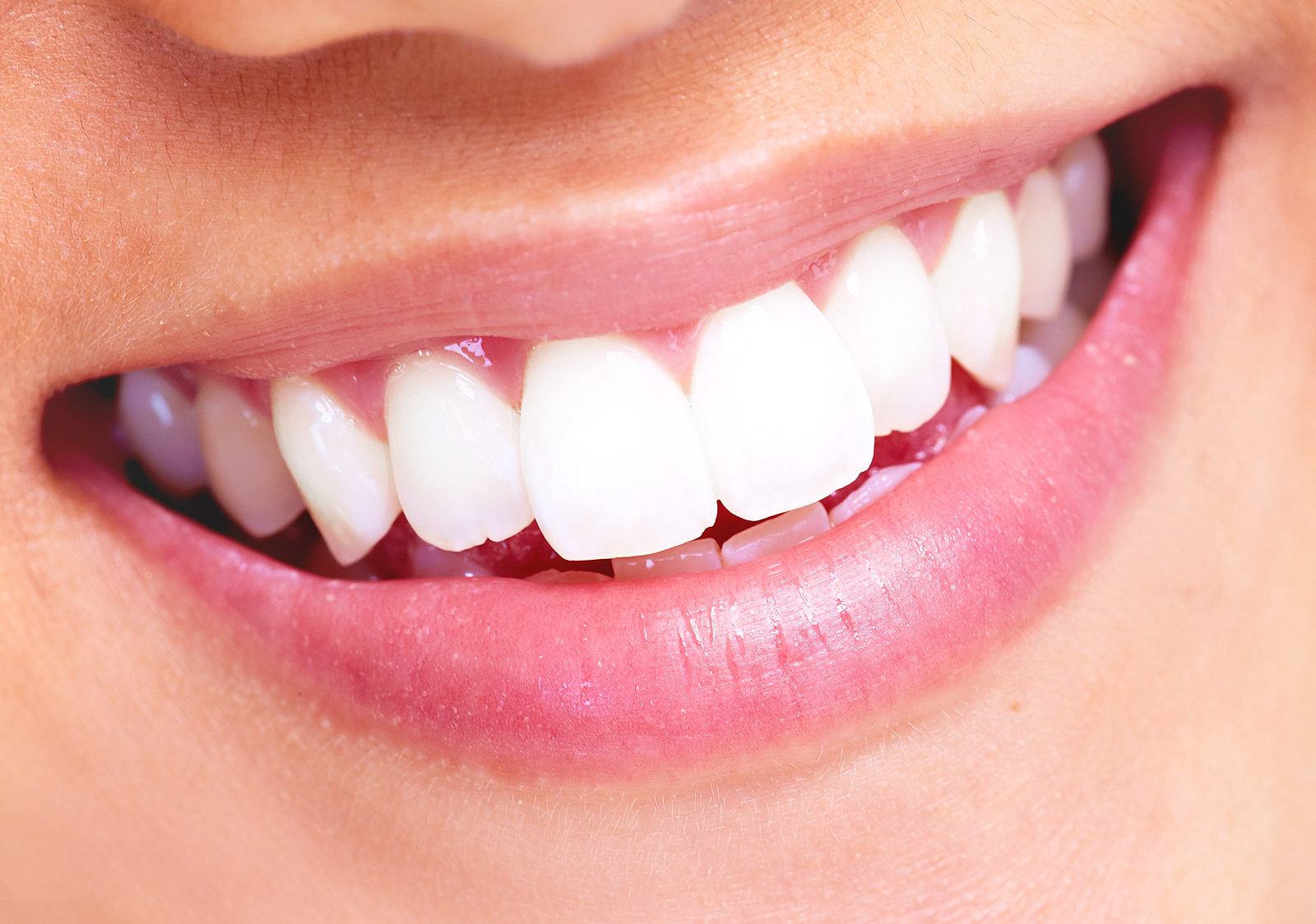HOW A COSMETIC DENTIST CAN SAVE YOUR LIFE
Having a broken or missing tooth can really affect your self-confidence. Many of us want perfect smiles and the insecurity of not being able to smile a perfect smile can cause a lot of grief in your life. While visiting a cosmetic dentist can drastically change this insecurity, it’s important to understand that there are health reasons why you should fix a broken tooth or have a missing tooth replaced, as well.
Broken and missing teeth have been known to be a cause of gum disease, jaw pain, sensitivity and further damage. Gum disease, known as a dental epidemic, affects a huge portion of the population and can even lead to worse problems within your mouth and body.
HEALTH EFFECTS OF BROKEN TEETH
A broken tooth exposes the layer inside the tooth, which is sensitive and permeable. Broken teeth can easily become infected if left untreated. An infection can then lead to other problems, such as tooth decay, head and neck problems and mouth disease. A broken tooth is initially painful, but the problems it can lead to if left untreated cause much more severe pain.
If you broke or chipped your tooth and do not feel any pain, chances are, you did not break through the enamel and will most likely be fine (still – always consult your cosmetic dentist for information and to discuss options for fixing the tooth). A broken or chipped tooth, even if it seems harmless, can make other teeth overcompensate when chewing and cause other problems.
If you broke or chipped your tooth and went through the dentin layer, you will most likely experience sensitivity and pain. This pain is an indication that something is wrong and that things can get worse. You do not want bacteria to enter the pulp of the tooth and subsequently, your bloodstream. It’s important to understand that when the pulp of a tooth is exposed, the chance of bacterial infection is actually very high.
Bacterial infections of a tooth may lead to root canal therapy or treatments with gum tissue. When a broken or chipped tooth is fixed immediately, either with crowns, composite fillings or dental implants, you can avoid worse problems and more invasive treatments. It’s best to consult a cosmetic dentist immediately to find out how to fix your broken or chipped tooth.
ROTTEN TEETH
When left untreated, oftentimes, a broken tooth will rot (especially when coupled with a lack of hygiene). Rotten teeth can lead to all sorts of health problems, including heart disease, kidney problems, immune system issues, mouth disease, bacterial infections within your digestive system, and blood poisoning. Obviously, rotten teeth can affect your entire body. Rotten teeth can cause a lot more than just a loss of teeth. All of these issues cause great pain and can potentially be life threatening.
HEALTH EFFECTS OF MISSING TEETH
Many people function fine with missing teeth, but only for a short while. Missing a tooth can have health effects, too. The health effects to missing teeth are similar to the health effects of broken teeth, but there is one effect that is unique to missing teeth.
BONE LOSS
Missing teeth can actually cause bone loss. As teeth come in contact with each other during the day and night, the bone beneath the teeth (the alveolar bone) is stimulated to rebuild itself on a continual basis. When this does not occur because a tooth is missing, the bone does not rebuild itself. The width, height and volume of the bone is gradually decreased – and much quicker than you might think.
Within the first year, the bone under a missing tooth can lose up to 25% of its width. Obviously, the more teeth you are missing, the more bone loss occurs. After the bone loses width, it loses height. Finally, it loses volume. When the alveolar bone decreases, the bone beneath it, the jawbone, starts to go. As years go by, this mandibular bone loss greatly affects the way you look. Bone loss causes sinking in of your face and cheeks.
When certain back teeth are missing, people can sometimes experience a “bite collapse,” or a smashing or squashing of front teeth as the height of the mouth is not supported from the back. Front teeth cannot support facial height or chewing, so when front teeth are forced to support these two things, the face adopts a collapsed appearance.
JAW ALIGNMENT
Since teeth are also important for jaw alignment, missing teeth can cause shifting and tilting. Teeth around the missing area can even grow or move since there’s nothing anchoring or grinding them. These teeth can also fall out since there’s nothing supporting them.
Missing teeth can also cause remaining teeth to be more susceptible to decay and infections. Each tooth depends on the tooth next to it, so any effect is a domino effect. Missing teeth and jaw misalignment can lead to TMJ and other problems, as well.
DENTAL IMPLANTS
One way to fix missing teeth and start to prevent bone loss and other issues is to have your cosmetic dentist install dental implants. Dental implants work like anchors to help restore the natural look of your teeth, help you eat and to prevent the bone from further deterioration.
When you receive a dental implant, you will receive a titanium post fitted into your jaw bone. The bone around the implant will fuse with the post and help get your teeth back into solid, supported working mode. Implants are designed to ensure your alveolar bone and jawbone continue to repair and rebuild themselves.
A cosmetic dentist wants you to have healthy, functioning, beautiful teeth. It’s important to understand that even if a tooth issue seems like a small deal, the problems that can arise from it are not. Each tooth relies on the other teeth for support and function. When any part of your tooth is exposed to the elements, you are very susceptible to infection and decay. These issues are not to be taken lightly, as they can affect the health of your entire body.
It is extremely imperative to see a cosmetic dentist when a tooth chips, breaks or falls out so you can learn what you need to do to get your teeth back into healthy, working order. And of course – you always want your smile to be as beautiful as it can be.






















0 comments